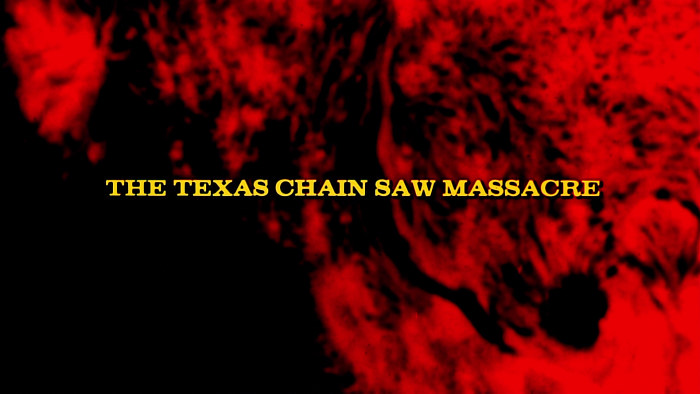
The movie falls more under the heading of "creepy" than "scary" for me, with a healthy handful of squirmy-intense scenes throughout. It's a proto-slasher, and it shows (and it has some moments it definitely owes to Psycho), but it's before the the genre became formalized and pretty much utter crap from a dramatic standpoint. In fact, one of the nice things about it is how the first couple of deaths play so quickly you could easily miss them -- especially the murder of Kirk (the first guy). The killers seem to have more in common from what I expect from the decades-later work of Rob Zombie; Leatherface and his family are more sadistically gleeful, misanthropic backwoods creeps than the sex-punishing Norman Bates/evil monster knock-offs that fill up the years between then and now. I guess that's what Zombie was doing: going back to the "roots" of the genre, getting away from cheap moralizing and silly "pure evil." (Neither of which apply to Norman Bates; both of which apply all too easily to the Friday the 13th and Nightmare on Elm Street copycats.)
I was never really scared, but I was plenty of times engaged in the character's struggle and gripped, unable to look away from the tension of the action. But what stood out to me was something that I also remember noticing from Carrie, another film from roughly that time. The cinematography is a lot looser and more experimental than what I'm used to seeing, and the result is often some clever or beautiful or evocative shots, but the cuts are awkward, unprovoked, maybe even a little slapdash. I think the technology of smaller cameras and the freedom of shooting on location opened up a lot of doors for young filmmakers in the 70s, but editing techniques hadn't refined yet to this new palette. The result is a lot of individual shots that turn out breathtaking but the visuals overall don't flow smoothly. Or maybe it's more deliberate than I give it credit for, and there's some French New Wave influence going on here. The montage of extreme close-ups as Sally's gaping mouth and flickering, vein-filled eyeball as she makes that endless banshee wail of terror during the dinner table sequence was obviously deliberate; but earlier scenes like the strange establishing shots of the Bad Family's house when Kirk and Pam first find it feels more like doing the best with the shots available. Of course I don't know for sure, and it's not like it ruins the film, but editing should be the invisible art, they say, and here (and in Carrie) it very much isn't.
Overall, The Texas Chain Saw Massacre isn't quite what I expected, but it's close. It had some fake-outs I couldn't decide if were deliberate or not -- the opening crawl seemed to promise that Franklin the brother would also survive, and the majority of the first half of the story was Franklin's more than Sally's -- but overall it moved at the right pace, slow when you want it slow, fast when you want it fast, and with good action and some grueling moments of terror. It pushed right up against being exhausting without ever quite wearing you out, and it had a strange, sudden, kind of beautiful ending that I really enjoyed -- no exposition, no explanation, no reprieve (really) from the torment. Just relief-as-hysteria, some beautiful but graceless dancing with a chainsaw, and a perfectly-oddly placed hard cut to black -- leaving you to decide what it all means.

